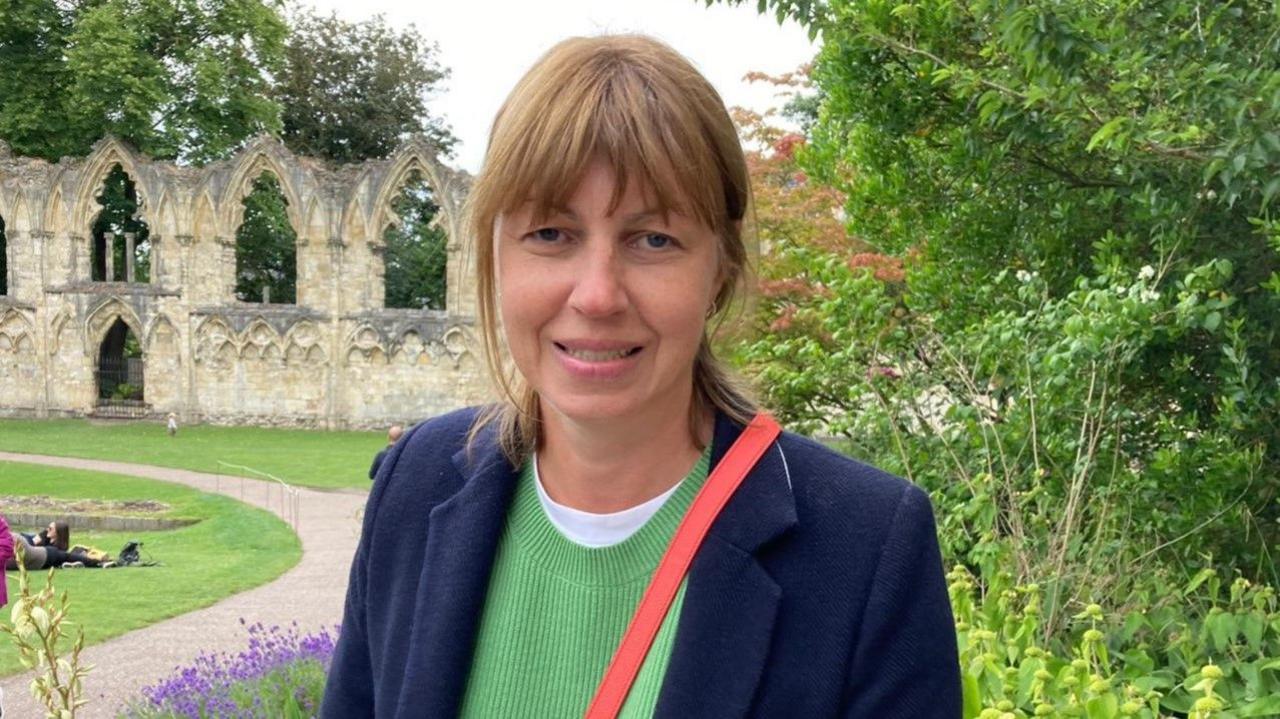'Martial arts help me cope with Parkinson's'
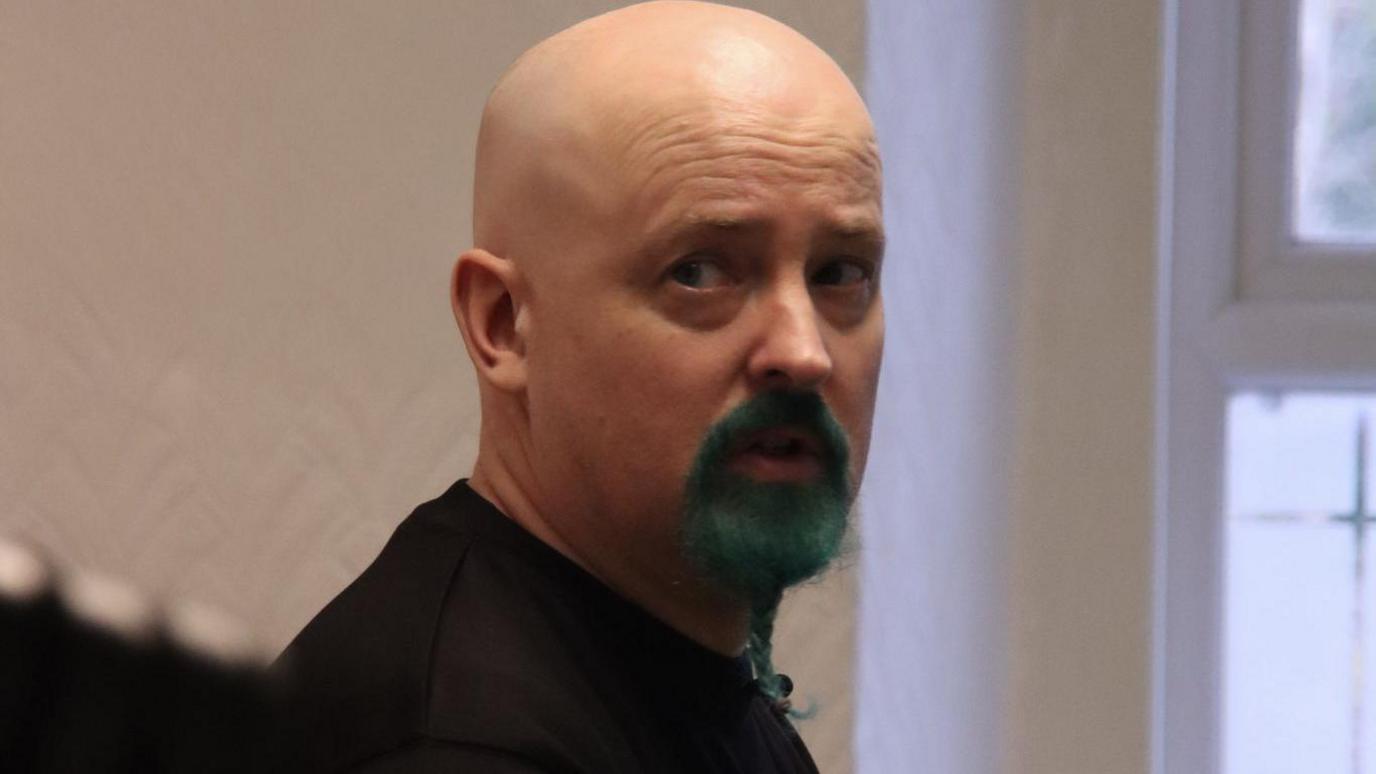
Phil Churchill, 49, says the condition affects every part of him, every day
- Published
A man who was diagnosed with Parkinson's disease at the age of 40 has credited martial arts for "massively" helping him cope with the physical and mental effects of the condition.
Phil Churchill, now 49, struggles with balance, coordination, and pain – and said the condition affects every part of his body, every day.
Despite this Mr Churchill, from Glastonbury in Somerset, leads 16 martial arts classes a week, teaching hundreds of pupils.
"I always feel better when I'm teaching," he said. "It keeps my mind focused and not on whatever today's issue is."
Parkinson's is an incurable and progressive brain disease which leads to tremors and slow movement.
It is the fastest growing neurological condition in the world, with about 153,000 people in the UK living with the condition.
Mr Churchill sporadically took part in martial arts when he was younger but said he began taking it seriously while recovering from an injury, years before his diagnosis.
When he did start having symptoms, it took doctors two and half years to diagnose him, as they believed he was too young to have Parkinson's.
It was only after Mr Churchill had a brain scan that the condition was confirmed.
'Instant headache'
Mr Churchill, who teaches pupils in Worle and Weston-super-Mare, in North Somerset, said: "I know that it's incurable, it's not stoppable, we can't even slow it down and it's not predictable, but the one thing I know is tomorrow I will be worse than today.
"Some days I'm not twitching or shaking, but it feels like I'm drunk... I have to hold onto the walls.
"Other days I almost forget about it until suddenly a neck twitch will kick in and it shakes my head and gives me an instant headache… it's like 'don't forget'."
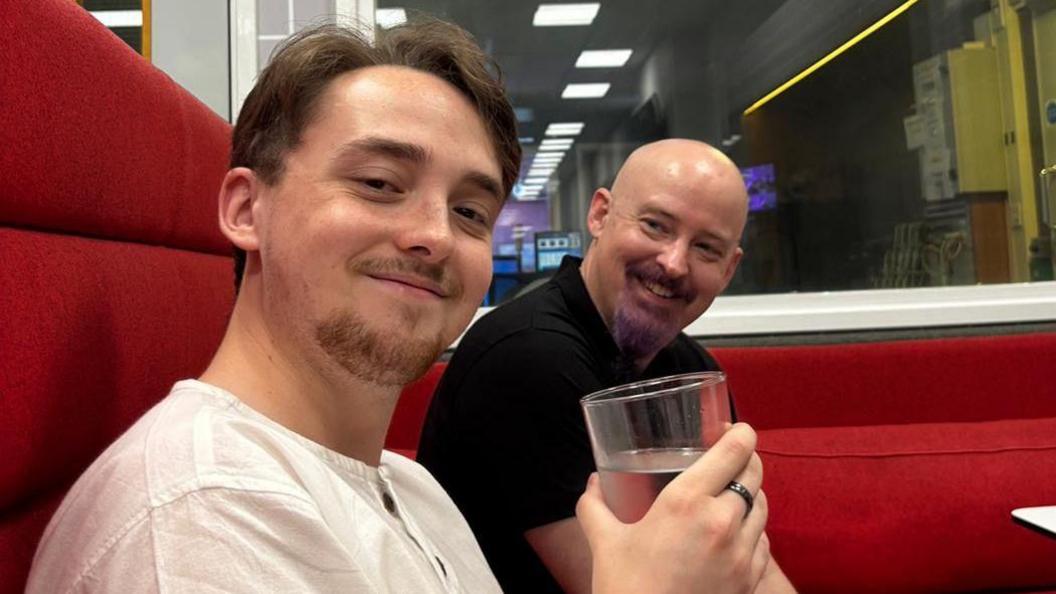
Mr Churchill's son Ali made a documentary about his father's experience
His son, Alexander "Ali" Churchill, is a filmmaking student at the University of Gloucestershire.
Over several weeks last year, Ali filmed Mr Churchill at work for a documentary project to tell the story of how martial arts has helped him to maintain his physical fitness and a positive mindset.
"People use martial arts for all sorts of things, not just Parkinson's, not just physical difficulties, it could be for mental health," Ali said.
"It's about telling other stories and really it's a story of martial arts, just as much as Parkinson's," he added.
Anna Castiaux, physical activity programme lead at Parkinson's UK, said being physically active can be as important as getting the right medication for to help people manage their Parkinson's symptoms.
"Just 2.5 hours of physical activity a week can make a real difference in living well with the condition and can have a positive impact physically, mentally and socially," she added.
"Martial arts is a great way for people with Parkinson's to stay active and can be particularly beneficial for improving balance, stability, and posture."
Get in touch
Tell us which stories we should cover in Somerset
Follow BBC Somerset on Facebook, external and X, external. Send your story ideas to us on email or via WhatsApp on 0800 313 4630.
- Published2 August
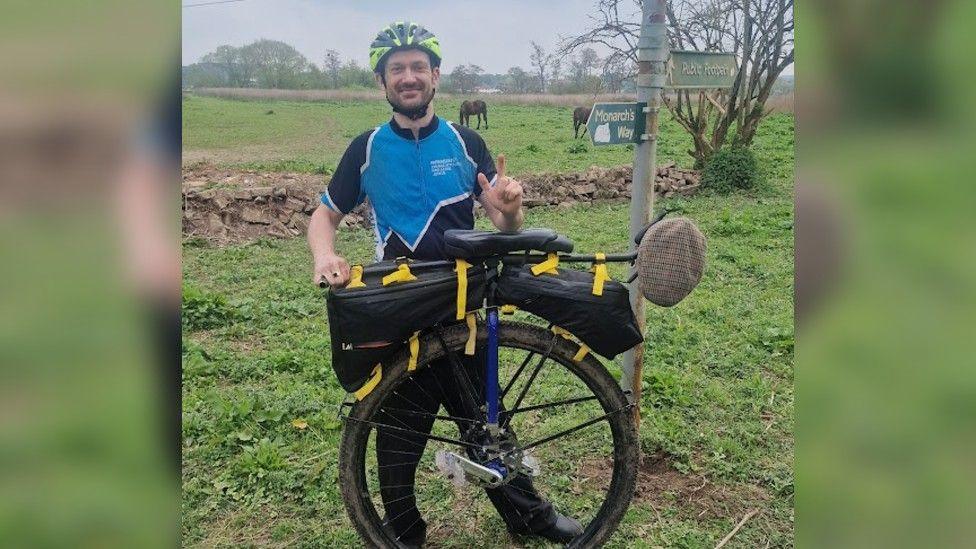
- Published13 May
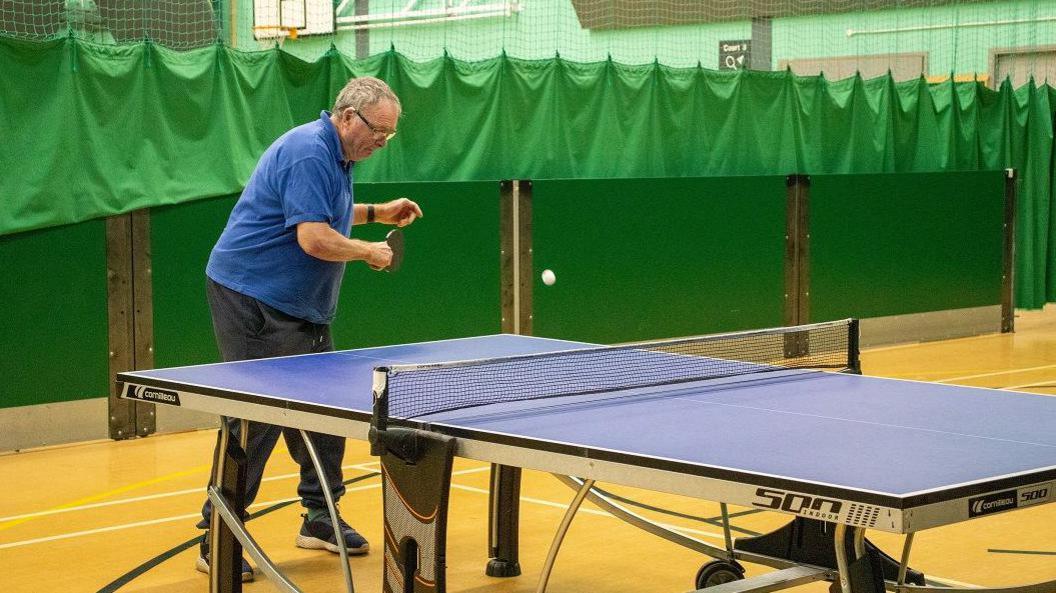
- Published18 April
